
The class of 2025 get set to graduate
Southampton Solent University will celebrate graduands alongside their friends, family and peers.
1 July 2025
Southampton Solent University will celebrate graduands alongside their friends, family and peers.
1 July 2025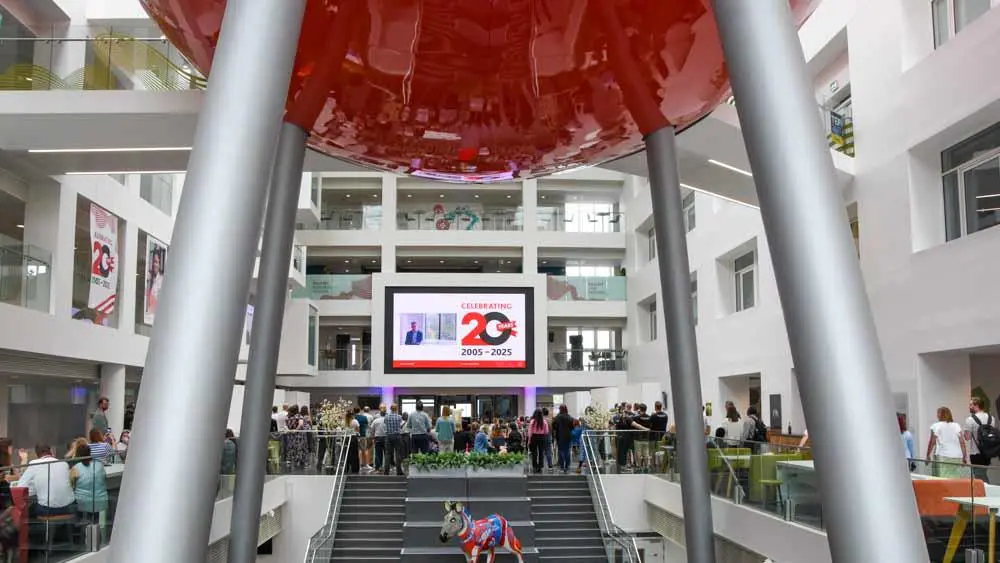
Solent marked 20 years of university with celebrations across campus.
26 June 2025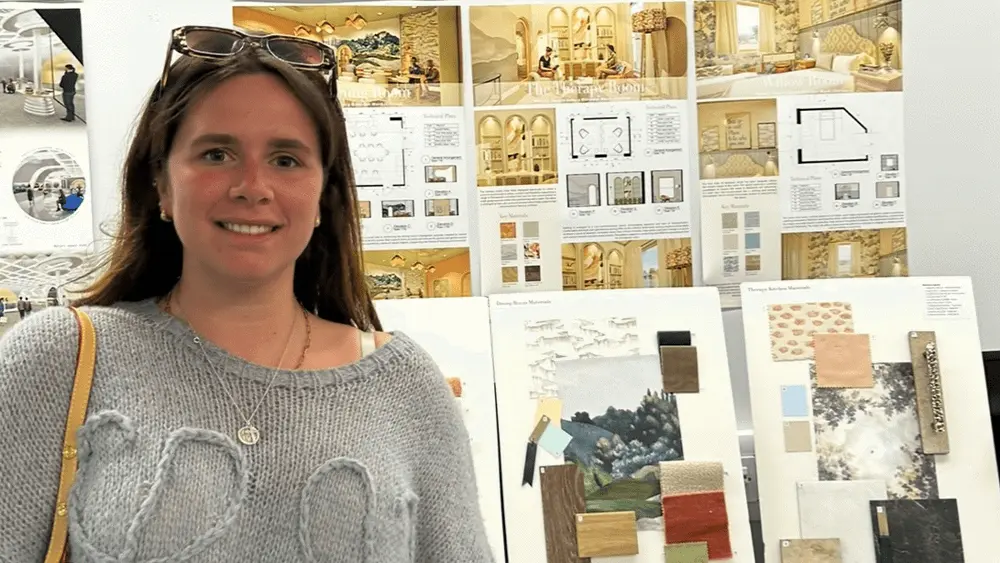
BA (Hons) Interior Design Decoration undergrad, Sophie Criddle has created a Final Major Project which weaves in her own experiences.
23 June 2025
Southampton Solent has appointed a new Pro-Chancellor
20 June 2025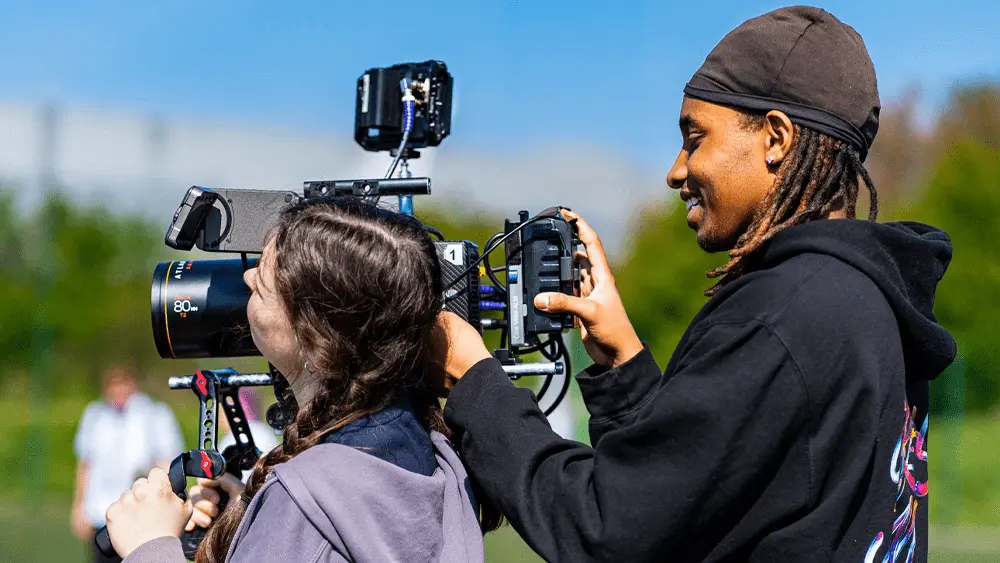
Graduating students from Southampton Solent University's Department of Film and Media have made two impactful short films.
19 June 2025
Xavier Hinves and Tom Holland are heading to the Canoe Sprint European and World Championships this summer.
18 June 2025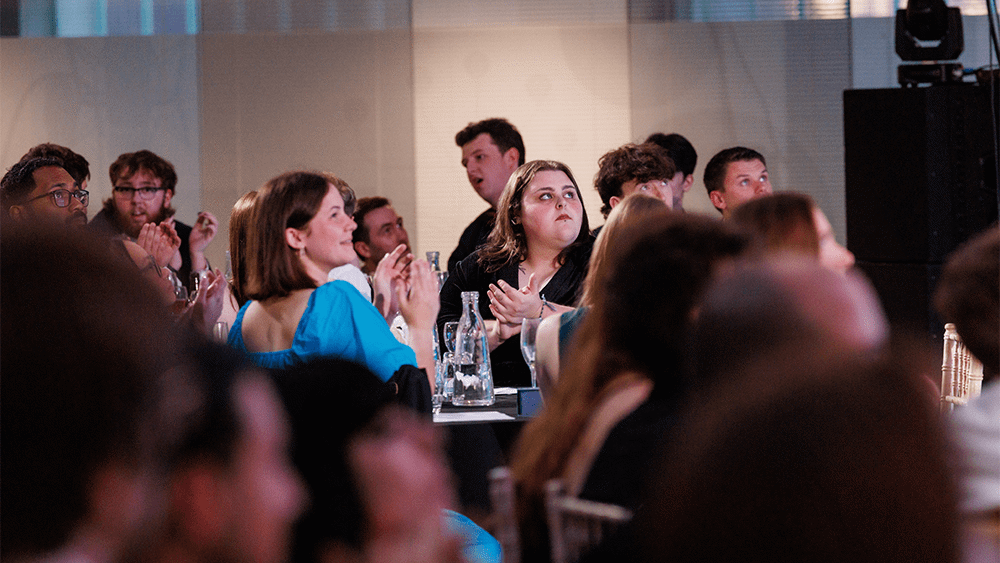
29 awards were awarded to graduating students from Solent's Department of Film and Media, as they get set to kickstart their careers.
16 June 2025
In her Final Major Project, BA (Hons) Illustration graduating student, Emily Chandler, explores mental health and neurodivergence.
13 June 2025
Electric trimaran vessel successfully concludes initial sea trials on Southampton water.
12 June 2025
BA (Hons) Photography student, Roxanne Bennett, has explored river pollution in her Final Major Project.
11 June 2025
The upcoming Graduate Fashion Week 25 Project Pitch will see four students present their Final Major Projects to industry.
10 June 2025
Experience life as a student at Solent at one of our on-campus or virtual undergraduate, postgraduate or maritime open days.
Find out more
BA (Hons) Graphic Design students have been shortlisted for a national award.
6 June 2025
Solent Law Clinic, a free service offering housing and family legal advice, has now supported more than 100 clients.
4 June 2025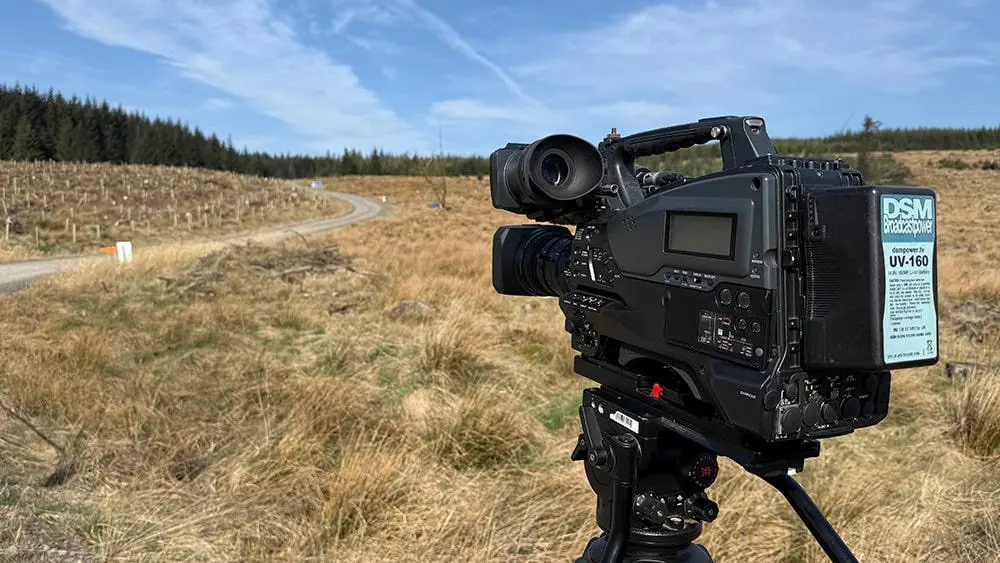
TV Production students get onto the track at the British Rally Championship to gain experience of working at live sporting events
3 June 2025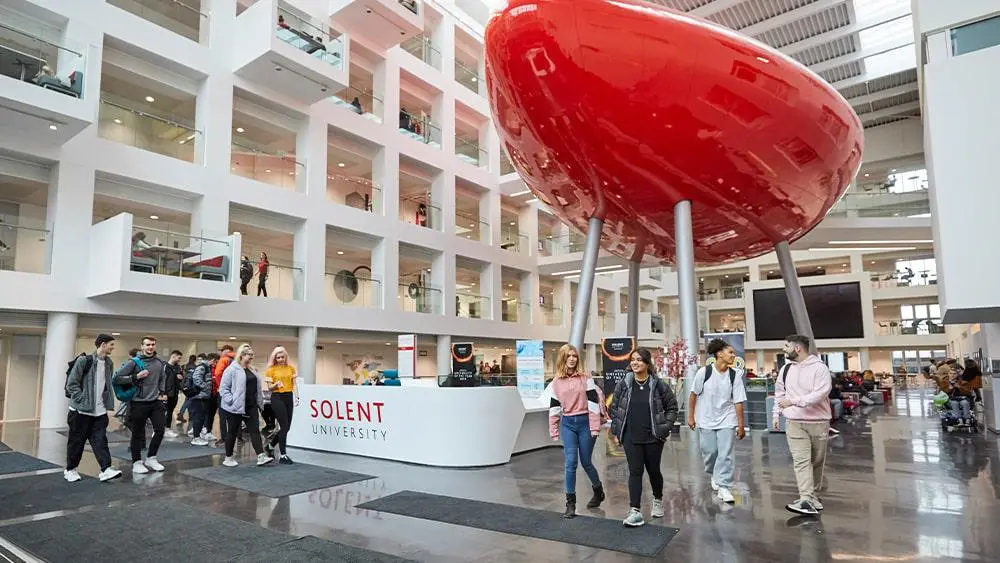
Alumni are volunteering their time to support current students at Southampton Solent University.
2 June 2025